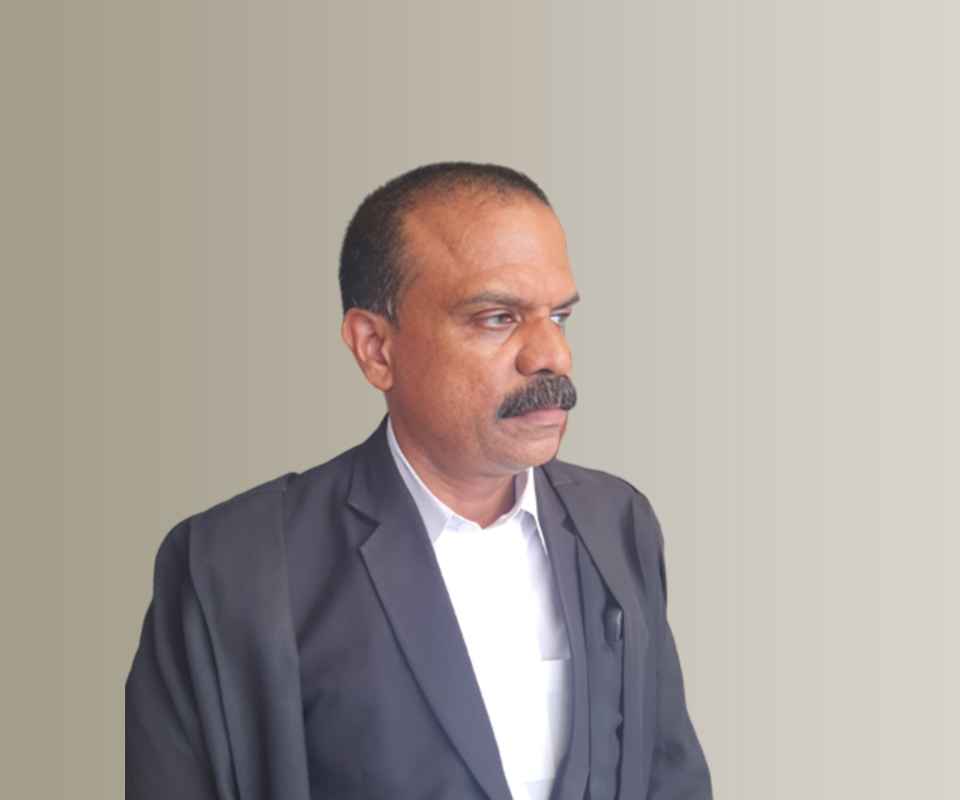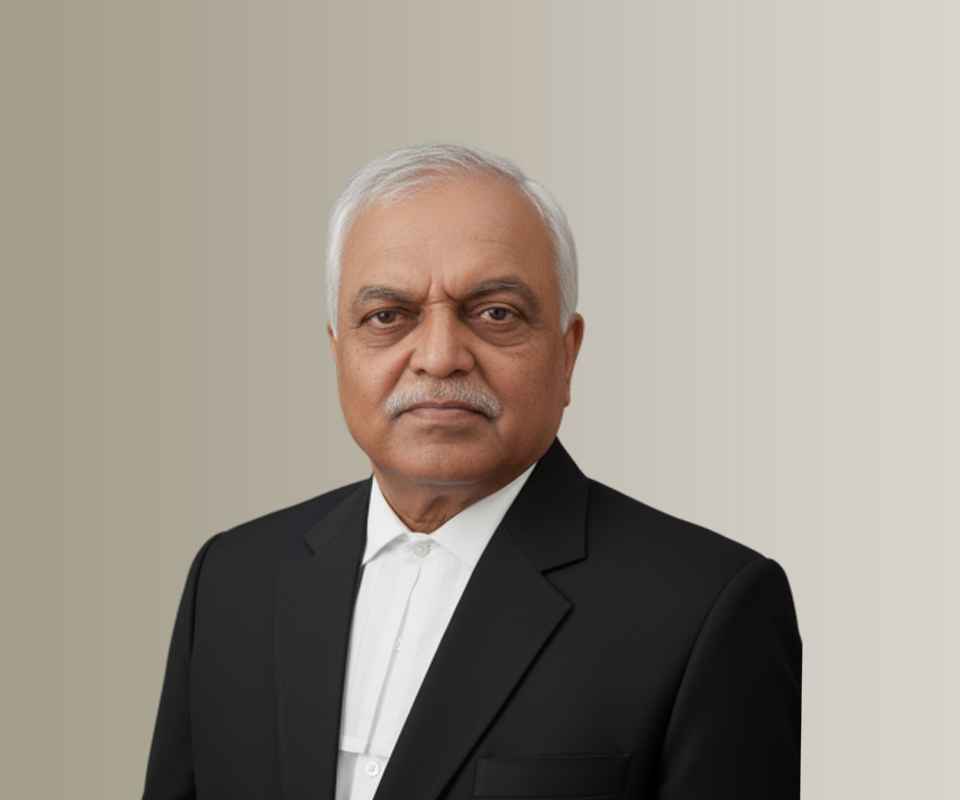Answer By law4u team
The Senior Citizens Savings Scheme (SCSS) is a government-backed savings instrument that offers regular income and tax benefits to senior citizens above the age of 60. The scheme has a fixed tenure of 5 years, with the option to extend it for an additional 3 years. After the maturity of the SCSS account, there are several options available for investors to manage or reinvest their funds based on their financial needs.
Detailed Steps After SCSS Maturity:
Option to Withdraw Funds:
After the SCSS account matures, the account holder can choose to withdraw the entire amount (both principal and interest) without any penalty. The withdrawal can be done by visiting the post office or the bank where the SCSS account was originally opened.
The interest accrued up to the date of maturity will be paid out along with the principal amount.
Tax on Interest:
While the principal amount is not taxed, the interest earned on the SCSS account is taxable. If the total interest exceeds ₹50,000 per year, it will be subject to TDS (Tax Deducted at Source), and the account holder will need to pay taxes accordingly.
Option to Reinvest in SCSS:
Investors can reinvest the maturity amount into a fresh SCSS account if they still meet the eligibility criteria (i.e., they are 60 years or older). The new investment will be subject to the prevailing interest rates at the time of reinvestment.
The interest earned from the new SCSS account will also be taxable, and it will be paid quarterly.
Interest Rate:
The interest rate may change when the account is renewed, as the government periodically adjusts the rates. Investors should check the current rate before reinvesting.
Option to Extend the SCSS Account:
Investors who do not need the money immediately can choose to extend the SCSS account for another 3 years after the original maturity period. The extension must be requested before the maturity date.
During the extension period, the account will continue to earn interest at the prevailing rate for SCSS. If the account holder does not want to change the scheme or withdraw the funds, they can continue receiving interest payments every quarter.
No Automatic Extension:
SCSS accounts do not automatically renew or extend after the maturity period. The account holder must submit a request to extend it.
Interest Payments After Extension:
When the account is extended, the interest will be credited quarterly into the account, as per the government’s prescribed rate for SCSS. This can provide a regular source of income.
The interest is taxable and subject to TDS if it exceeds ₹50,000 in a financial year.
Penalties for Non-withdrawal:
If the account holder does not withdraw or extend the SCSS account after maturity, the account will not earn interest beyond the maturity period. It is important to take action promptly after the maturity date to avoid losing interest benefits.
Tax Considerations:
Tax Exemption on Principal:
The principal amount invested in SCSS is not subject to tax. However, the interest is taxable based on the individual’s income tax bracket.
TDS Deduction:
If the interest earned exceeds ₹50,000 in a financial year, TDS will be deducted at the rate of 10% (if PAN is provided). If no PAN is provided, TDS will be deducted at 20%.
Senior citizens can also submit Form 15H to avoid TDS if their total income is below the taxable threshold.
Other Options for Investment After Maturity:
After the maturity of SCSS, if the account holder does not want to extend or reinvest the funds into another SCSS account, they can consider other safe investment options like fixed deposits, post office monthly income schemes (POMIS), or government bonds for regular income.
Example:
Suppose a senior citizen has an SCSS account that matures with a balance of ₹10,00,000. They have the following options:
- Withdraw the entire ₹10,00,000 (principal + interest), and use it as needed for personal expenses.
- Reinvest the amount into another SCSS account if they still meet the eligibility criteria, thus continuing to earn a fixed quarterly interest.
- Extend the current account for another 3 years and continue earning quarterly interest at the current SCSS rate.
If they choose to withdraw, the interest earned will be subject to income tax, and TDS will be deducted if the interest exceeds ₹50,000.






